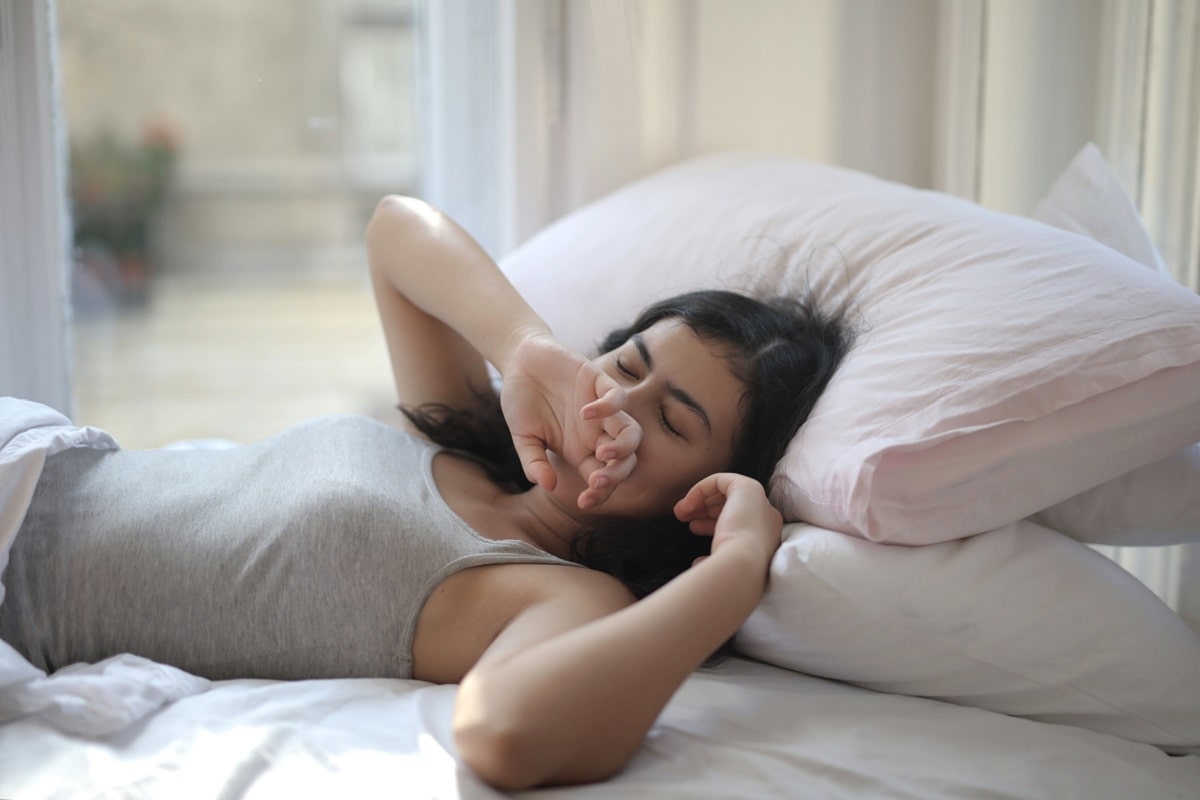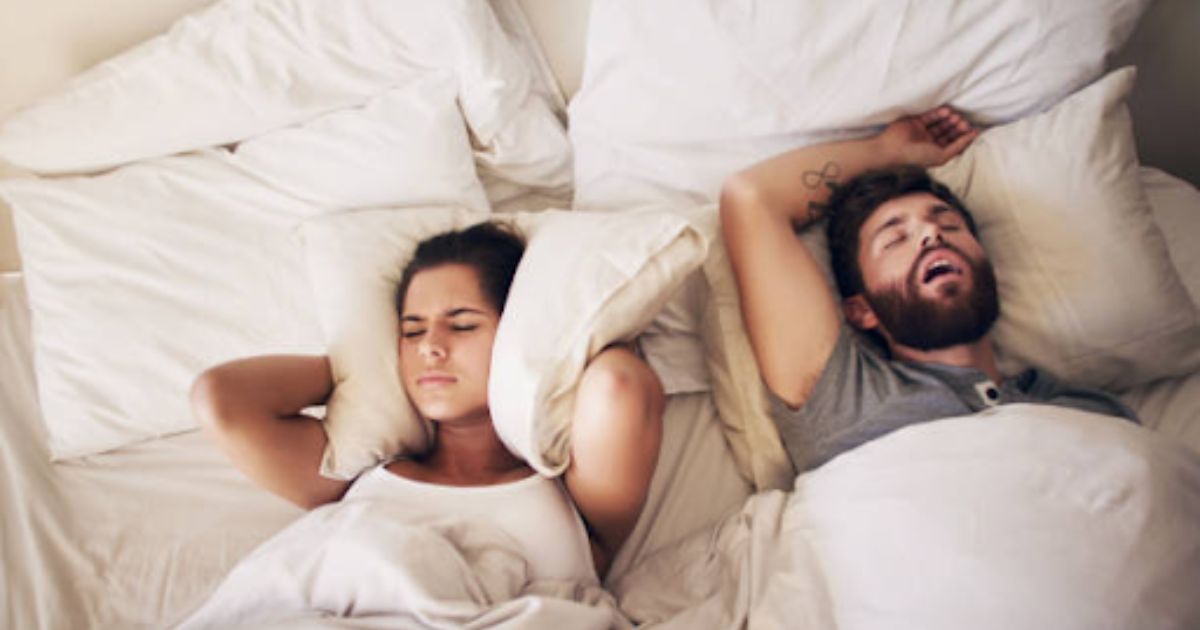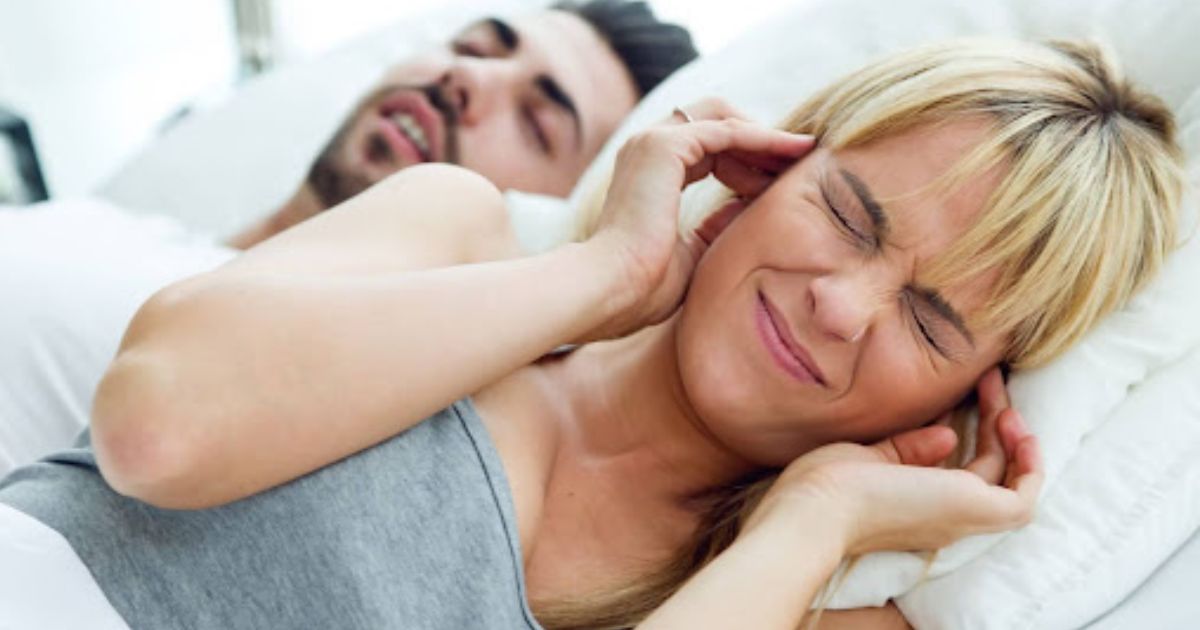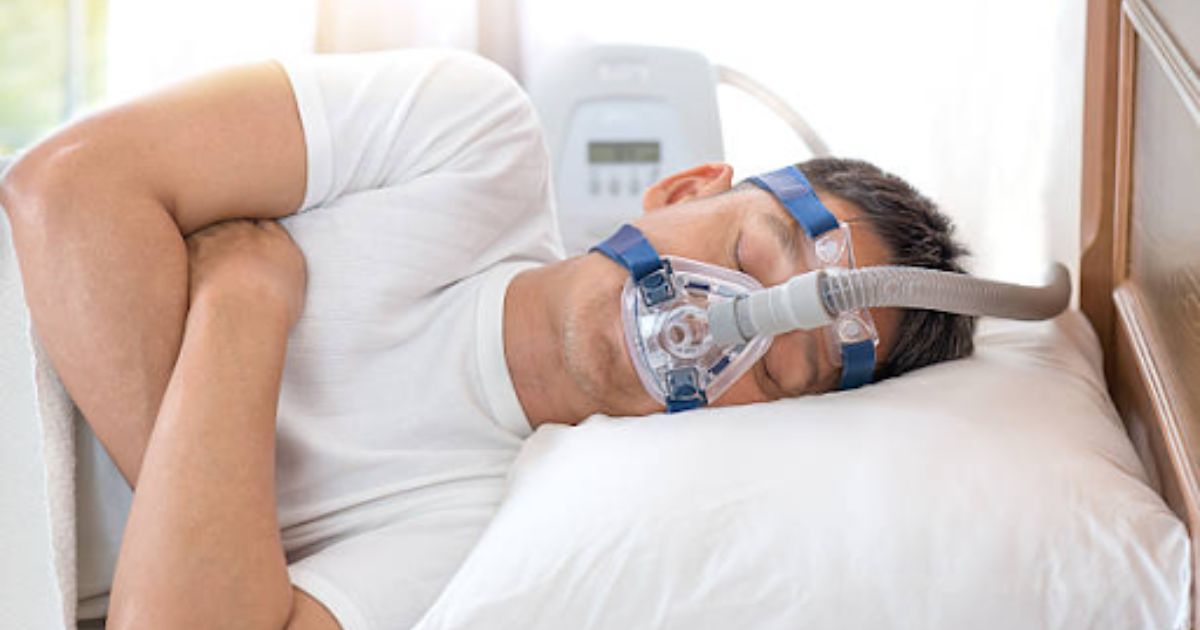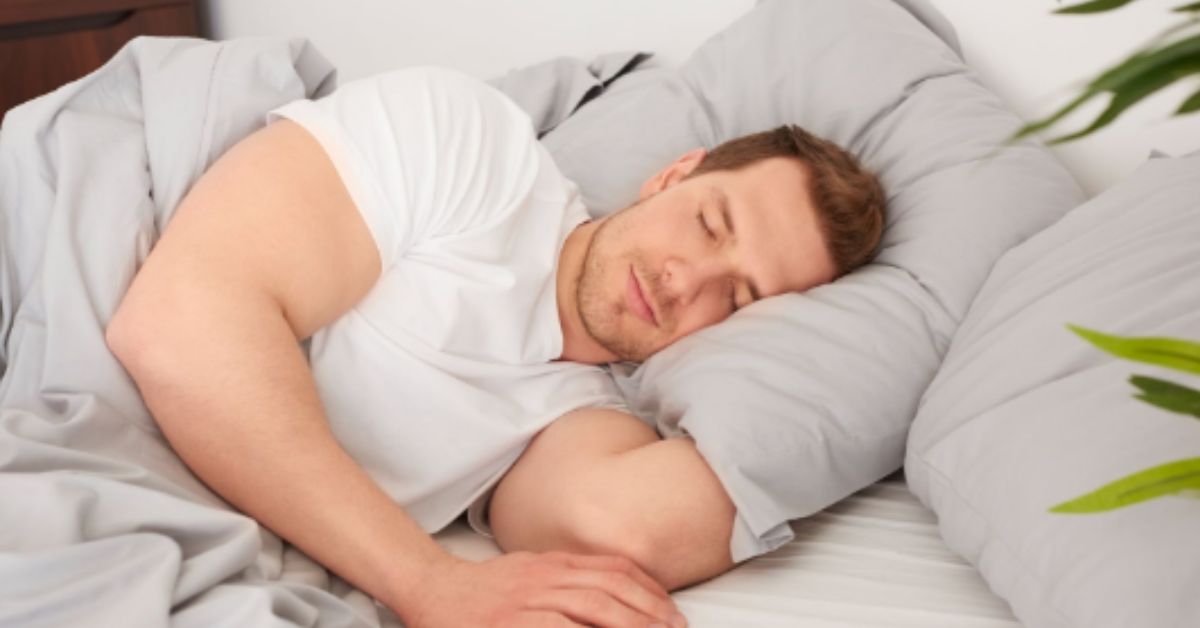According to the World Health Organization, 50 million people around the world have epilepsy, a disorder that causes seizures. Seizures can be quite dangerous. Many times, medication lowers the risk of seizures. However, doctors and researchers have found a link between Obstructive Sleep Apnea (OSA) and seizure disorders like epilepsy. About 1/3 of patients diagnosed with epilepsy also have sleep apnea.
Epilepsy patients who have sleep apnea are more likely to have a seizure during the night than patients without sleep apnea. A poor night’s sleep upsets the brain’s normal electrical activity. Thus, treating sleep apnea can also mean reducing the frequency of seizures. While it doesn’t cause epilepsy, sleep apnea causes seizures in people who have seizure disorders.
Can Sleep Apnea Cause Seizures?
For people with epilepsy, a lack of sleep can trigger a seizure. Since sleep apnea results in poor quality sleep, the chances of having a seizure during the night increases. People with sleep apnea can stop breathing while they sleep for several seconds at a time. This goes on throughout the night and interrupts sleep patterns. Even if the patient doesn’t wake up each time it happens, they nonetheless lose a restful night’s sleep.
As a result, about one-fourth of people with epilepsy experience their first seizure later in adulthood. Much of the reason is that OSA becomes more prevalent as we age, thus establishing the correlation. Because of this, many people diagnosed with late-onset epilepsy also undergo a sleep study to see if any therapies are needed to improve the quality of sleep.
Can a Person Have Mini Seizures While Sleeping?
While some patients aren’t adversely affected by their sleep patterns, many do find that they tend to have issues during the night. Some experience mini seizures while sleeping. Seizures occur because sleep activates select electrical signals that can trigger seizers, especially if the patient has benign focal epilepsy, also called Rolandic epilepsy.
Mini seizures can happen any time during the sleep cycle, but they commonly occur during stages one and two. These are lighter levels of sleep, and the brain is between the sleeping and waking states. The patient may wake or remain unaware.
If You Have Sleep Apnea Symptoms
Anyone who is experiencing any of the symptoms listed below should see their doctor. If you have epilepsy, be sure you bring this to your doctor’s attention sooner rather than later.
The most common symptoms are:
- Unexplained waking during the night
- Snoring or choking or gasping in your sleep
- A BMI over 30
- Excessive daytime sleepiness
- Sore throat or dry mouth
- Morning headaches
Having a Sleep Study
If you have symptoms, your doctor can prescribe a sleep study. Sleep studies determine whether you’re getting restful sleep with consistent breathing through the night. If you do receive a diagnosis of OSA, there are therapies available to help.
One of the most common is a CPAP machine, which keeps your airway open through the night. An unobstructed airway regulates your breathing and reduces sleep interruptions. Without those sleep interruptions, the frequencies of your seizures should lessen or disappear altogether.
Treating Sleep Apnea in Jacksonville, FL
At Jacksonville Sleep Center, we know that the more you take charge of your sleep, the more control you’ll have over your epilepsy. Now you know that sleep apnea causes seizures, if you have any symptoms of sleep apnea, you should schedule a sleep study with your doctor. Contact us today to schedule your contactless at-home sleep study.

